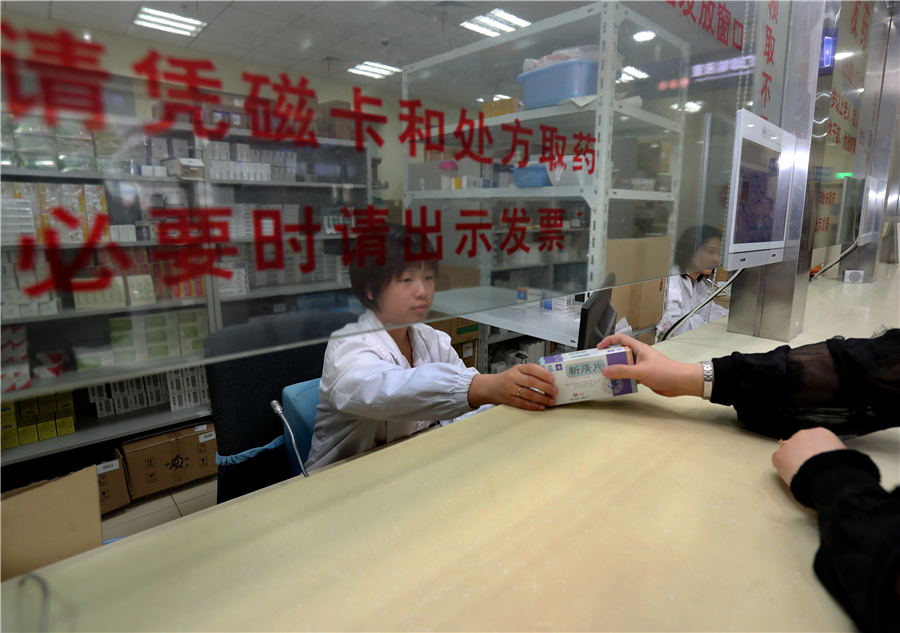China poised to eliminate hepatitis C by 2030


China has all the right conditions to eliminate viral hepatitis by 2030, a goal proposed by the World Health Organization, from the perspectives of prevention and medical treatment, said experts.
The key to eradicating the disease, experts noted, is achieving early diagnosis and treatment, and expanding screening across the nation.
"Current therapies can achieve a near 100-percent cure rate for hepatitis C regardless of whether it is in a major city or in the countryside," said Nan Yuemin, director of the department of integrative hepatology at the Third Hospital of Hebei Medical University.
According to the Chinese Foundation for Hepatitis Prevention and Control, there are about 86 million people infected with the hepatitis B virus and approximately 10 million individuals infected with the hepatitis C virus in the country. China has the highest number of cases and deaths related to liver cancer caused by viral hepatitis.
Patients with hepatitis C display few symptoms and need to be treated as quickly as possible to reduce the risk of liver cirrhosis and liver cancer, according to experts.
Several innovative therapies for the treatment of hepatitis C have been included in the National Reimbursement Drug List updated in early December. They included three innovative hepatitis C treatments by Gilead Sciences - Vosevi, Epclusa, and Harvoni.
The inclusion of such drugs into the NRDL has allowed hepatitis C patients to gain access to innovative treatment solutions at more affordable prices and have new hopes of a cure, said experts.
Nan said the previous combination treatment process, which usually lasts at least one year, has created much financial and physical burdens on patients. The introduction of innovative therapies, such as those that involve taking only one pill a day, has allowed more patients to receive therapy and be cured.
"The improved accessibility and affordability of innovative drugs will benefit many patients, especially those with refractory, chronic hepatitis C virus infection, and has allowed the country to get closer to the goal of eliminating this disease," she said.
- Radiopharmaceutical development alliance launched in Shanghai
- Kelsang Pedron: A Tibetan female pilot in the Chinese PLA Air Force
- China expands rural land contract extension pilot program
- Fiber chip thinner than a hair
- Ministry to optimize the structure and scale of university enrollment
- Why do China's cultural and creative products go viral?





































